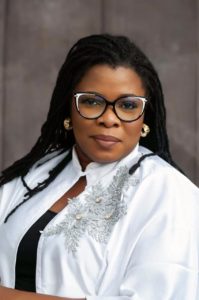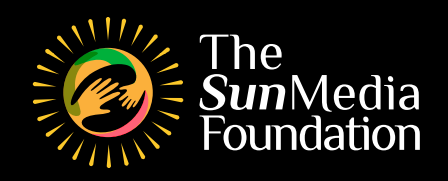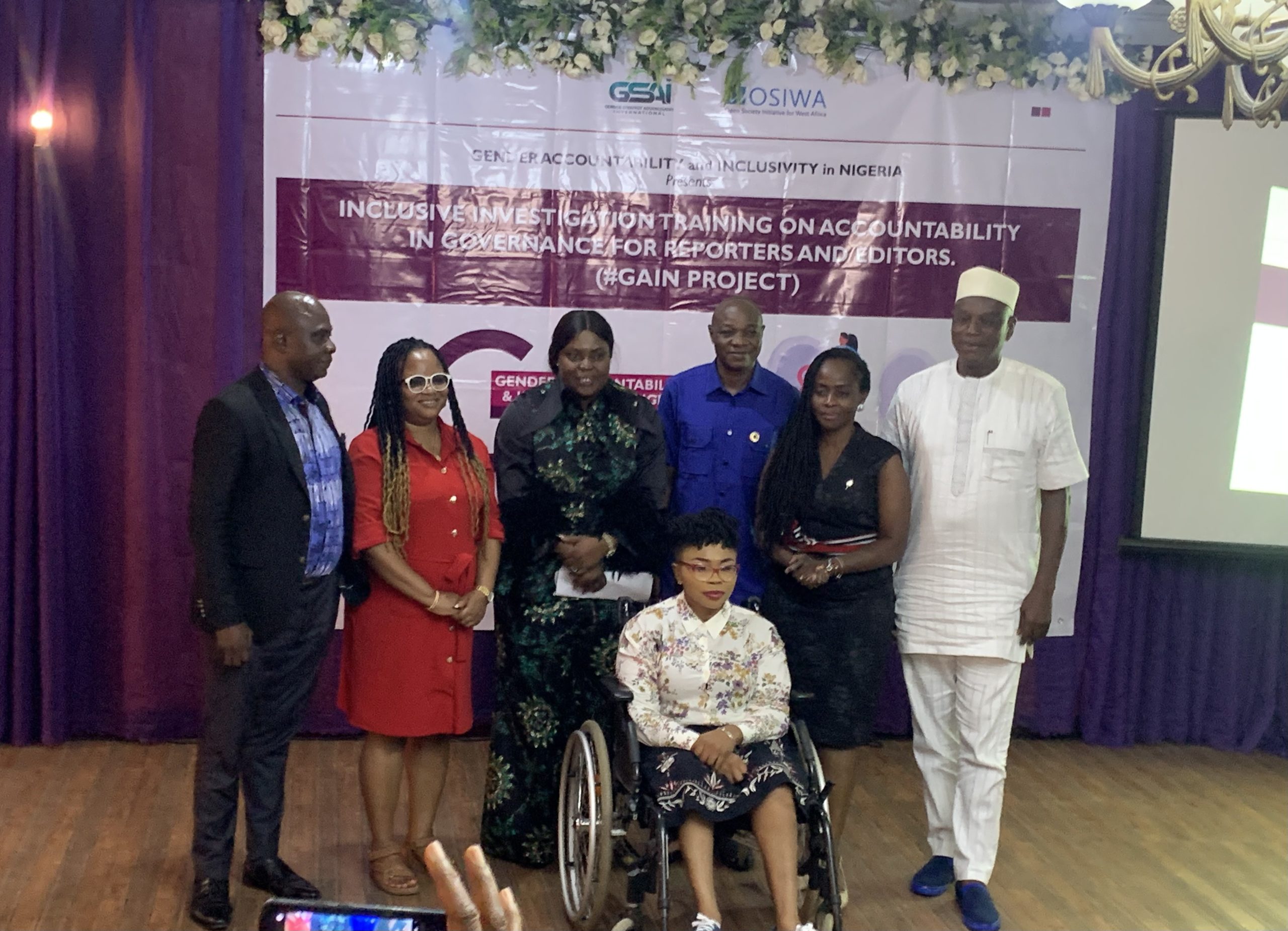From Adanna Nnamani, Abuja
Nearly five years after Nigeria passed the Discrimination against Persons with Disability (PWDs) (Prohibition) Bill into law, physically-challenged persons in the country are yet to feel the impact.
They weep daily as the society ostracizes them like pandemic pathogens because the law that mandates their full inclusion into the scheme if things remains a worthless document.
The Discrimination against Persons with Disability (Prohibition) Act is designed to safeguard PWDs against harassment and discrimination and to ensure that they have equal access to jobs, public accommodations, healthcare, banking, and telecommunications, among other areas.
It is also supposed to ensure inclusion is implemented across a number of different areas, including workplaces, public areas, schools, institutions, and consumer facing businesses.
The Act, which became legal in 2019, had a five-year transition period, which is set to end in January 2024.
During this time, the government is expected to have made significant strides in providing inclusive transportation, schools, and employment opportunities for persons with disabilities.
The transition period is a critical phase in the journey towards full inclusivity, and advocates are calling for a swift and comprehensive implementation of the Act to meet the set goals.
However, as the transition deadline for the Act draws closer with no hope on the horizon, human rights advocates and Civil Society Organisations (CSOs) are threatening legal actions against institutions and individuals that have refused to comply with the Act.
According to recent records, about 30 million people in Nigeria are estimated to be living with disabilities.
Yet, a large chunk of this population live in deplorable conditions, owing to the presence of physical and social barriers which prevent their integration and full participation in the community.
They are often neglected or given little attention, which excludes them from governance, electoral process, healthcare, education, employment, and social and community life.
Social scientists lament the brazen disregard for people with disabilities in the architectural designs of most governmental and private institutions’ facilities including banks, businesses, hospitals, schools, and even digital services across the country.
While some people think that progress has been made since 2019, many others assert that much more needs to be done to create a society that is fully inclusive.
Jake Epelle, CEO and founder of the Albino Foundation, believes that the country may not achieve full inclusion even in the next 20 years.

According to him, “We have not gone far at all. We have not made reasonable progress in terms of compliance.
“And I do not think we will move the needle by January at all. In fact, if everybody is properly audited and accessed, even the President will go to jail because the State House is not accessible.
“Major public buildings are not accessible let alone private homes. How many banks are accessible? Very few. So, it is laughable to say that by January, everyone would be compliant”.
He advised that awareness should be intensified in the country, saying that many are not even aware of the existence of the act.
The Albino advocate said: “For me, instead of trying to arrest people and threatening them and throwing them into jail, let’s use the opportunity to further advocate and increase awareness. How many people know about it?”
Speaking at a recent training for journalists on accountability in governance, in Abuja, Executive Director, Gender Strategy Advancement International (GSAI), Mrs Adaora Onyechere Sydney-Jack, said marginalization against persons with disabilities in the country was still very high despite the law.

Onyechere pointed out that even enforcement of five percent employment opportunities for Persons with Disabilities as enshrined in the act is almost zero.
She said: “How many of the five percent quota and engagement of persons with disabilities are really adopted in ministries and parastatals? Even in media houses as we speak. How many times have we really looked at the need for sign language not as an alternative but as a necessity in our mainstream media.
“Remember that the transition period for people with disabilities ends January 2024. That means that the government ought to have transitioned and had inclusive transportation, inclusive schools, inclusive employment but then we can actually categorically say that we are not there yet.
“We are looking at South Africa redoing and rejigging their constitution and adopting new constitution amendments to include persons with disabilities and their rights to basic education. But we are yet to even implement and we are yet to transition and that means that by 2024 January, Nigeria will not be even ready to say that they have implemented the act. So it is really an issue.
She further stated that it was important to create a conducive environment that would be able to adopt and adapt persons with disabilities both men and women.
“Remember that If a person does not have access to buildings, they cannot access the place where they are supposed to work, and we also look at accessible transportation.
On her part, Grace Jerry, Executive Director Inclusive Friends Association (IFA), a disability advocacy group, said the Act has overall been quite slowly incremental.

Jerry said the inauguration of the National Commission for Persons with Disabilities (NCPWD) established under the Act accentuated the commitment of the government towards the implementation of the Act and the protection of the rights of persons with disabilities.
She, however, regretted that since then, the NCPWD had struggled to fully implement the somewhat far-reaching provisions of the Act with a few successes.
“In terms of success, the Disability Act/NCPWD played a relatively important role to ensure that persons with disabilities were catered to during the COVID19 Pandemic.
“The NCPWD worked with stakeholders to provide critical data to ensure COVID19 palliative were distributed to persons with disabilities. Also, there has been some success in terms of disability awareness raising which under the Act is the primary and secondary responsibility of the Ministry of Information and the NCPWD respectively.
“But, even this has not been wholly successful. Awareness raising programmes carried out by the Ministry of Information, particularly through the National Orientation Agency, are sometimes inaccessible to persons with disabilities. Likewise, some of the awareness programmes lack the use of disability-inclusive language.
“Fundamentally, there are many elephants in the room, particularly the issue of inclusive budgeting, 5% employment quota for persons with disabilities, and the provision of physical accessibility measures in all public institutions within the five-year transition period.”
She said there had been substantial non-compliance in these respects, adding that there was a need to lift the embargo on government employment to ensure recruitment of more qualified PWD employees into the civil service to ensure compliance with the law.
The disability advocate noted that a research carried out by IFA in October 2023, which assessed five government MDAs to their compliance with the disability Act, showed that government MDAs somewhat lacked critical physical accessibility features.
She said in some of the MDAs with multiple storeys, PWD employees are restricted to the ground floor as there are no lifts/stairlifts in the buildings, and none of the MDAs has an accessible toilet, even though the general toilets are somewhat inaccessible.
“While 18.1% of PWDs believe that the MDAs are not accessible to persons with disabilities, 36.4% believe they are largely accessible and 45.5% believe they are somewhat accessible.”
Jerry recommended that MDAs develop implementation policies and strategies to ensure continuous and incremental implementation of the Disability Act, especially the provisions on physical accessibility and the 5% employment quota for PWDs.
She expressed hope that by the end of the transition period, there would be the political will on the part of the government to pursue full implementation of the Disability Act, including the prosecution and sanction of offending individuals and institutions.
“Still, it remains to be seen whether the government would be willing and ready to proceed against itself in this instance” she said.
She added that by January, the IFA would intensify engagement with stakeholders, including implementing and enforcement bodies, political actors, and other critical stakeholders.

